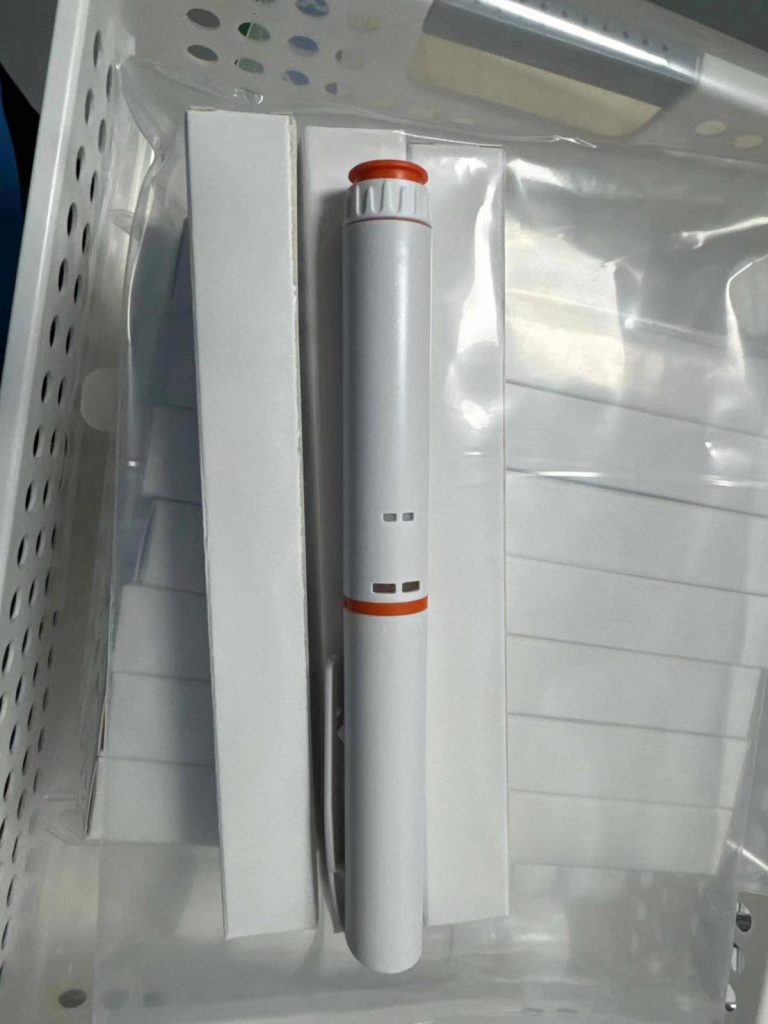Hypoglycemia is another risk to be aware of. The risk of hypoglycemia is increased when Semaglutide is used with medications that increase the amount of insulin in the body, such as sulfonylureas or insulin. Patients and their doctors should closely monitor blood sugar levels and adjust the dose of the medication when appropriate.
Also, Semaglutide may cause some stomach-related side effects, such as nausea, vomiting, and diarrhea, which may lead to dehydration in patients. Patients should watch for signs of dehydration and hydrate appropriately. Additionally, dehydration may also affect kidney function, so patients should keep an eye on their kidney health while using Semaglutide.
